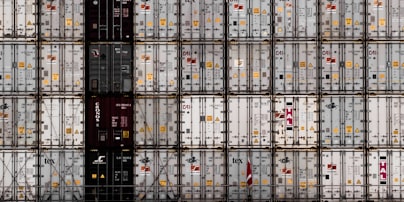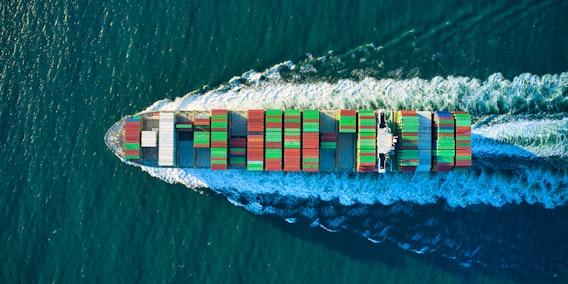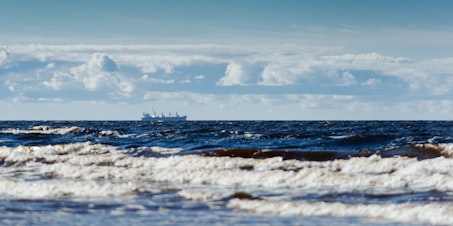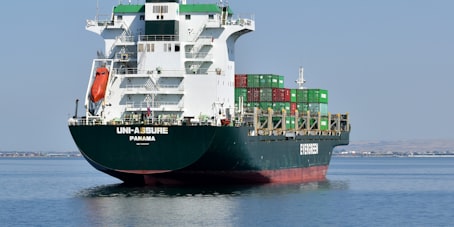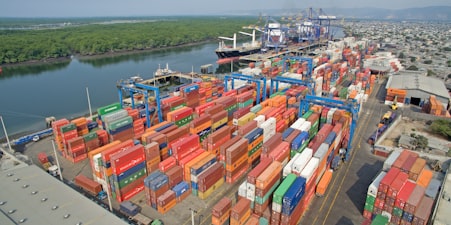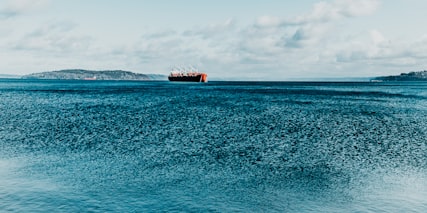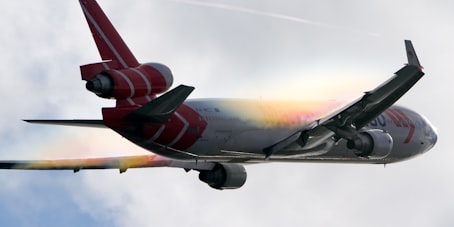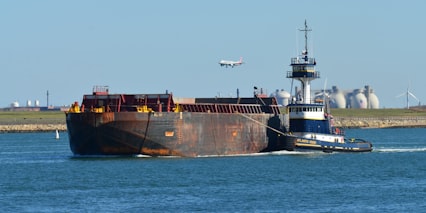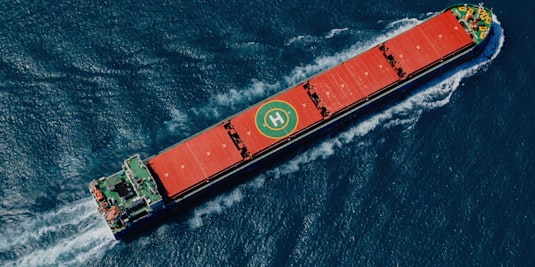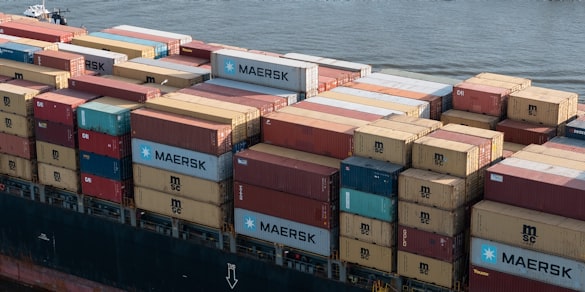
Covid-19 has heavily impacted the shipping industry, which has seen crew stuck onboard vessels for months at a time, shipping container shortage, crew unable to board vessels, and more. Alongside these issues comes the concern surrounding a seafarer shortage, due to Covid-19 making in person training and crew changes near-impossible.
As a result, some are turning to online training courses to source up-and-coming seafarers and combat the skill shortage. Online training courses provide a platform...
